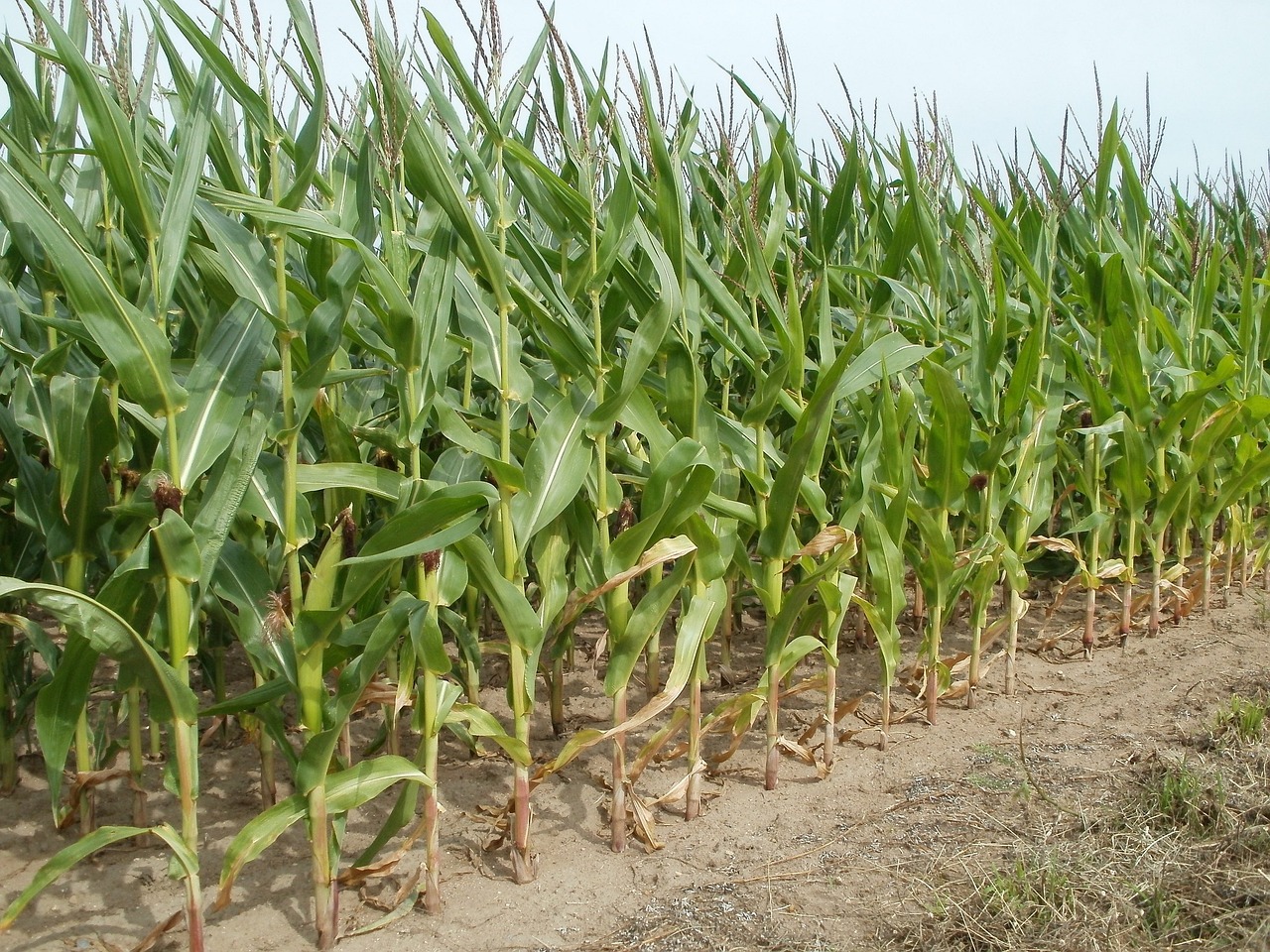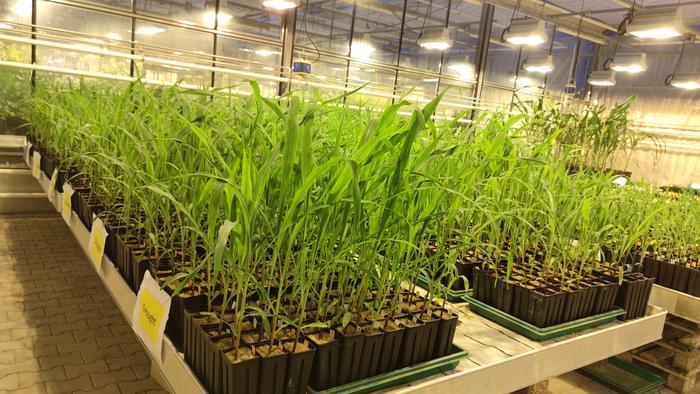The Biotechnology Research Institute in the Chinese Academy of Agricultural Sciences has announced that researchers from there have “developed a new bio-breeding resource for glyphosate-resistant (GR) maize by introducing the microbial genes GAT and GR79-EPSPS” successfully according to a release.
Herbicide tolerant crops, which include glyphosate tolerant crops, help farmers with weed control management in an innovative way. Weed infestation impacts millions of hectares of farmland worldwide every year which then impacts crop production and yield.
To fight weed infestation, “the researchers introduced a codon-optimized glyphosate N-acetyltransferase gene (GAT) and the enolpyruvyl-shikimate-3-phosphate synthase gene (GR79-EPSPS) into the maize variety B104. A genetically stable high glyphosate resistance transgenic event, designated GG2, was selected from the transgenic maize population through screening with high doses of glyphosate,” according to the release.
The researchers study found that the co-expression of GAT and GR79-EPSPS provides high glyphosate resistance. The transgenic maize event GG2 could tolerate 9000 g acid equivalent (a.e.) glyphosate per hectare or 10 times the recommended glyphosate dose according to the field trial findings. That dose also showed no negative impact on phenotype or yield. The glyphosate (PMG) and aminomethylphosphonic acid (AMPA) residues in GG2 leaves were also 90% lower than the levels in HGK60 transgenic plants.











